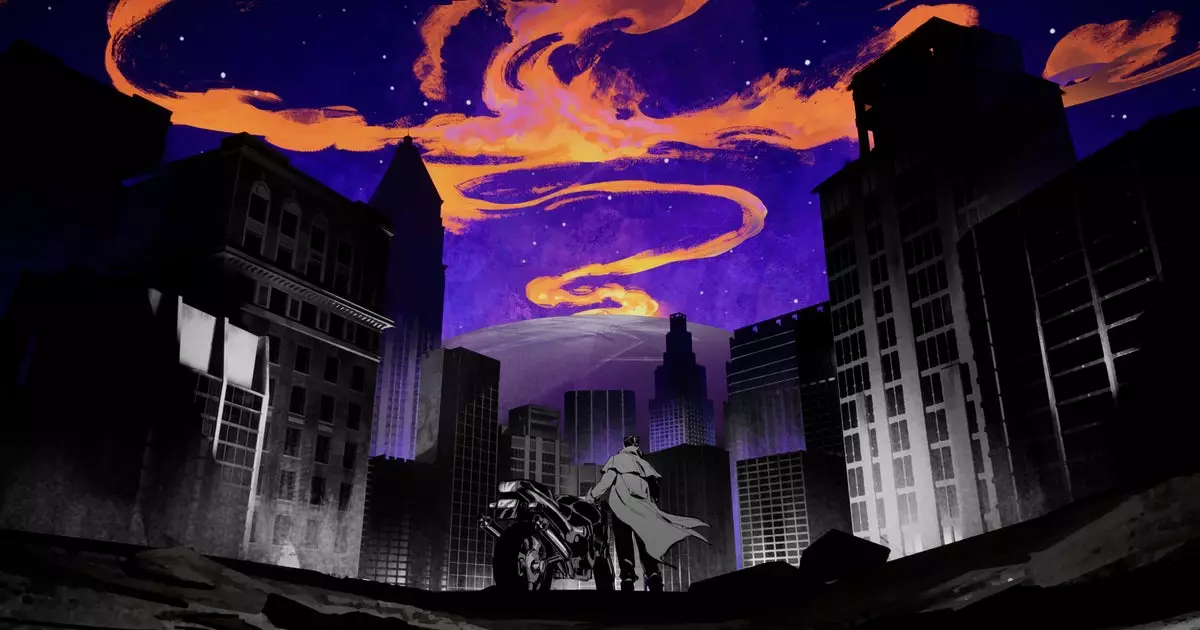The gaming industry is littered with ambitious projects that falter due to funding challenges, and Malys, a roguelike deckbuilder from Summerfall Studios, initially seemed headed in the same direction. Launched in April via Kickstarter, Malys—where players embody a former priest turned demon hunter navigating atmospheric challenges—did not hit its crowdfunding goal. For many developers, such setbacks can close the door on a project’s future. Yet, in a move that challenges typical expectations, Summerfall Studios chose to release Malys into early access this week, signaling both resilience and adaptability in their development approach.
Summerfall Studios is not an unknown name; the team includes industry veterans such as David Gaider, co-founder and former writer for Dragon Age. This pedigree lends credibility but does not guarantee success, especially in a space where community engagement and market buzz can make or break a title. The Kickstarter failure likely forced the developers to rethink their strategy not just financially, but also in terms of community building and product iteration.
The Realities of Game Development in 2024
Project director Liam Esler has been transparent about the altered trajectory in a candid devlog post. Initially, the roadmap to a polished 1.0 release appeared straightforward, but the failure to meet crowdfunding goals revealed a tougher reality: games “live and die on their communities.” This axiom highlights a crucial aspect of contemporary game development—without an engaged and sizable player base, even high-concept games struggle for visibility and refinement.
Esler’s acknowledgement that this version of Malys is a “work in progress” is a sharp departure from the typical Steam Early Access model, where games presented to the public are “mostly done” with only minor content additions pending. By contrast, Malys is embracing a more raw, evolving state that asks early adopters to participate in a deeper, ongoing feedback loop. This willingness to reveal unfinished work requires a degree of trust between developer and consumer that not all studios can command.
Building a Community Through Iteration and Transparency
The decision to launch in early access isn’t merely a fallback; it is a strategic pivot aimed at leveraging community feedback to shape development actively. With plans for updates approximately every three weeks, Summerfall Studios is betting on an iterative design process with regular content drops, bug fixes, and gameplay adjustments. This continuous build model fosters engagement that could turn initial skepticism—stemming from the Kickstarter miss—into enthusiastic support.
Currently, players can explore Malys’ first region and a segment of its narrative, alongside a diverse selection of cards and curios for gameplay variety. While the presence of known bugs and the unfinished nature of content mean this won’t be a polished experience, it sets a stage for co-creation between developers and players. This dynamic challenges conventional user expectations but is arguably a more authentic way to refine a complex game like Malys.
Risk and Reward: Pricing and Consumer Faith
Another pragmatic move comes with the pricing strategy. Buyers are forewarned that the early access price is a bargain that will increase upon 1.0 release. This is a transparent acknowledgment of value and risk—players who invest now are supporting a vision still in development, effectively wagering on the studio’s ability to deliver. Such honesty about pricing and product state is refreshing in an industry sometimes prone to hype and vague promises.
Summerfall Studios’ gamble on early access might become a blueprint for niche, story-rich titles struggling to attract traditional funding. It demands a player base willing to embrace imperfection and contribute meaningfully to a growing product. While this path is not without risk—unfinished games can alienate wary consumers—it offers a route for creative projects to endure beyond initial setbacks.
A Bold Experiment in Player-Developer Collaboration
Malys’ journey underscores the shifting dynamics in game development where community interaction is not an afterthought but a vital component of production. The team’s transparency about where the game currently stands and their ongoing communication reflect an earnestness that can foster loyalty. In an era where many games either launch prematurely or suffer years of silence, Malys’ approach creates a living dialogue between maker and player.
It’s an uphill battle, certainly; not many projects recover from a funding miss so publicly. Yet, by inviting players into the development cycle early and regularly, Summerfall Studios transforms what could have been a failure into a work-in-progress with potential. The real test will be whether this approach can sustain momentum and deliver a compelling experience worthy of the faith its early supporters are asked to show. As both a gamer and an observer, I find this commitment to iterative collaboration courageous and promising—a reminder that the path to a successful game isn’t always linear but can be shaped by those who dare to take unconventional routes.

